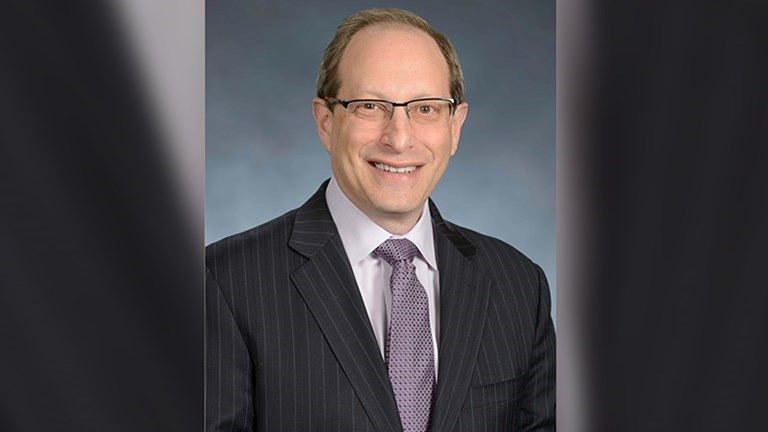There is not much debate over whether COVID-19 vaccines are saving the travel industry. No matter your personal position on these vaccines, it is undisputable that suppliers and destinations have the right to mandate regulations for participation or entry.
I wrote this article while enjoying some time away on St. John, in the U.S. Virgin Islands (USVI). To gain entry into the USVI, I had to provide proof of either a negative COVID-19 test taken no more than five days prior to arrival, or a positive antibody test. As with a vaccine requirement, I could either comply, or be denied entry. My family and I gladly complied, and I received the coveted “You are Approved for Travel” email.
Much like a traveler’s visa, compliance with destination COVID-19 protocols is not optional.
Much like a traveler’s visa, compliance with destination COVID-19 protocols is not optional.
Travel advisors find themselves spinning around daily trying to keep up with the ever-changing rules for travel. When feasible, advisors should pass on destination protocols to their clients. As an example, the cruise industry is leading the way in requiring proof of vaccinations, with several lines already announcing their intent to require vaccinations from guests and crew onboard.
And although we are growing accustomed to vaccine rules, one area that is generating controversy is the concept of a vaccine passport (a digital or paper document suggesting that the holder has been vaccinated).
Picture this: Upon arrival to a foreign destination, clients are greeted by the familiar color-coded Customs and Border Control lanes. The signs, however, now boldly pronounce “Vaccine Passport Holders Only.” While great debate over the requirement of such a passport is swirling around, the bottom line is that travel companies and countries can legally require vaccinations.
 Jeffrey Ment, Managing Partner of The Ment Law Group
Jeffrey Ment, Managing Partner of The Ment Law Group
Credit: 2021 Jeffrey MentSo, is the debate over passports really that significant?
Many constitutional scholars and government officials — including the Biden Administration — are not in favor of requiring a vaccine passport. Reasons for this include the possible invasion of a traveler’s privacy; violations of the Health Insurance Portability and Accountability Act (HIPAA); too much federal government intervention; and the creation of a two-tiered society (awarding vaccinated travelers more privileges than those who are not vaccinated).
However, countries such as Israel and Denmark are leading the way in rolling out such programs. Denmark recently unveiled its "Coronapas" vaccine passport, which allows its holders to travel domestically. The Israeli “Green Passport” now allows holders to travel to Greece and Cyprus. And former U.K. Prime Minister Tony Blair recently remarked that vaccine passports will become inevitable for travel, urging the U.K. government to develop a system now. The EU has also just given the go-ahead to a COVID-19 digital travel pass system that should be in place by summer.
Many travelers feel that a digital vaccine passport system strikes a balance between encouraging travel and keeping public health concerns front and center. A recent study commissioned by Amadeus found that just over 9 in 10 (91%) of travelers surveyed say they would be comfortable using a digital health passport for future trips. Likewise, Mark Snider, owner and managing director of Little Gem Resorts, believes vaccines have given guests “a noticeable sense of relief.”
“It’s almost as though they now have a license to enjoy themselves and to rediscover some of the freedoms lost over the past year,” he said. “We do host weddings and special events at our three resorts — on Martha’s Vineyard, Nantucket and St. John in the USVI. What is interesting is to hear the questions now being broached about the “new normal” — should invitees be required to be vaccinated or not?”
The International Air Transport Association (IATA) and airlines alike, meanwhile, are working on electronic options. Similar to a client’s TSA PreCheck number or airline frequent flier number, a vaccine passport number is soon to be part of a traveler’s overall profile.
Of course, it would be best if there are some universal standards regarding the issuance of a vaccine passport, and much more work must be done to legitimize its process and issuance. The falsification of such passports is also a concern, but the train has already left the station — vaccines are here, and our industry’s survival is tied to a successful rollout.
I believe vaccine passport holder lanes will be arriving soon at airports all around the world, and travel advisors should prepare for this. Science is saving our industry, and passports are just one more piece of the overall picture.
Meet Jeffrey Ment
Jeffrey Ment currently works as a travel law attorney and previously worked as a travel advisor, airline sales manager and tour guide. For more than 28 years, he has represented individuals and companies in the travel industry.
Have a question for Jeffrey? Send an email to letters@travelagewest.com.
Have a question for Jeffrey? Send an email to letters@travelagewest.com.
The Details
The Ment Law Group
www.mentlaw.com